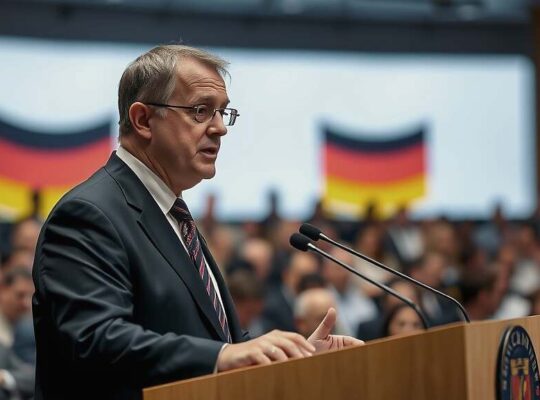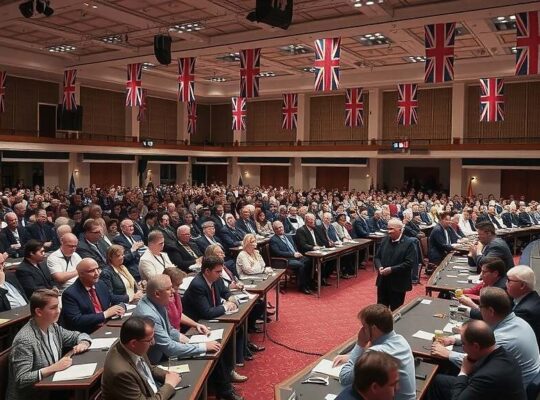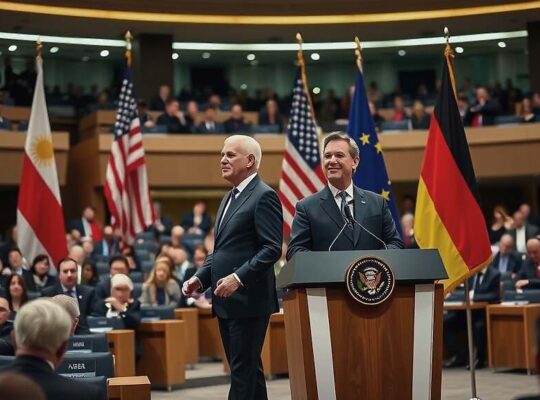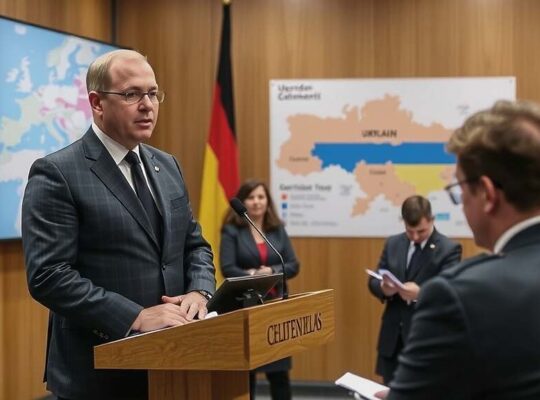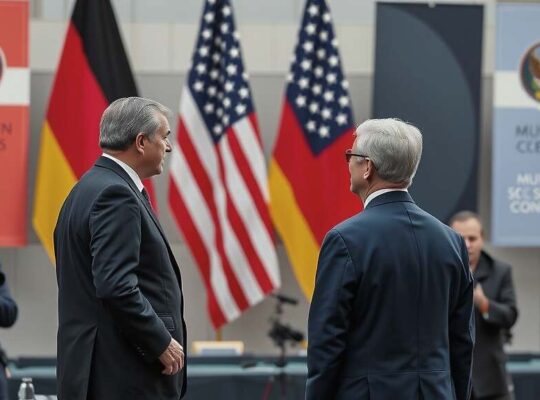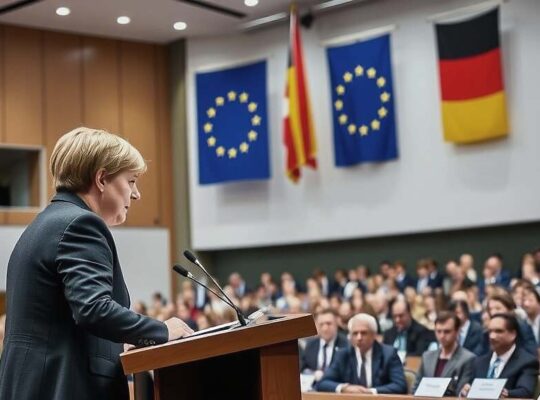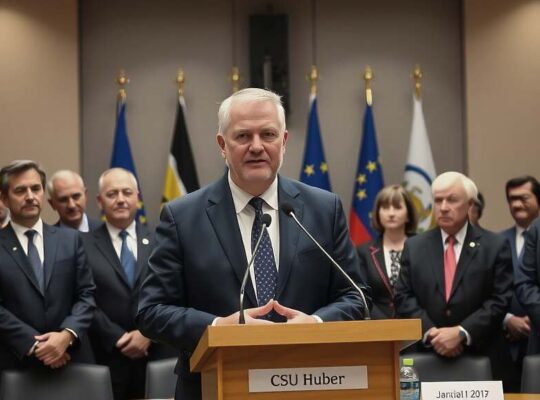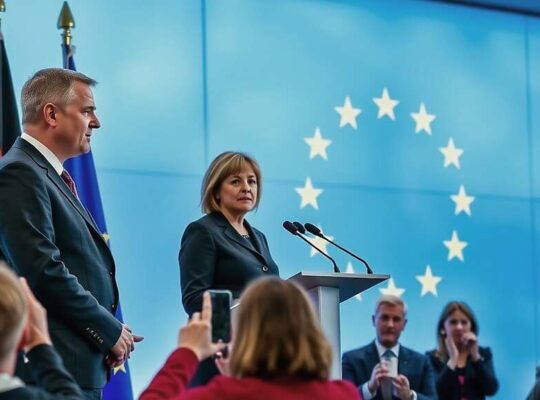The outgoing Chancellor Olaf Scholz has signaled his intention to actively support his successor, Friedrich Merz, a move suggesting a deliberate effort to stabilize Germany’s fragile political landscape. In an interview with the weekly news magazine “Die Zeit”, Scholz stated his commitment to contributing to the success of the current coalition government, despite previously being viewed as having a strained relationship with Merz following the latter’s assumption of the chancellorship in May.
Scholz’s declaration of support, however, was tempered by a palpable concern regarding the prevailing political climate. He cautioned against complacency, referencing historical precedent – particularly referencing Germany’s own historical trajectory – to highlight the potential for critical “tipping points” in a nation’s progress. While expressing cautious optimism about navigating these challenges, his remarks implicitly acknowledge the significant headwinds facing the ruling coalition.
A core element of Scholz’s perspective centers on the burgeoning influence of the Alternative for Germany (AfD), a far-right party currently polling at around 25%. Scholz unequivocally condemned any potential inclusion of the AfD in government, arguing that such a move would fundamentally undermine the post-war consensus that has shaped Germany’s pluralistic identity. He echoed the stance adopted by the Christian Democratic Union (CDU), which has repeatedly ruled out cooperation with the AfD, suggesting a shared belief that a broad consensus against the party’s participation exists within German society.
While acknowledging the AfD’s considerable electoral success, Scholz asserted, “We are more” emphasizing the importance of upholding the values underpinning Germany’s democratic foundation and implicitly cautioning against allowing extremist viewpoints to define the nation’s political discourse. This statement, coupled with his stated support for Merz, can be interpreted as a strategic maneuver to reinforce the established political order and counteract the potential destabilizing influence of the far-right. The long-term implications of this approach and whether it will prove sufficient to address the underlying anxieties fueling the AfD’s rise, remain to be seen.



